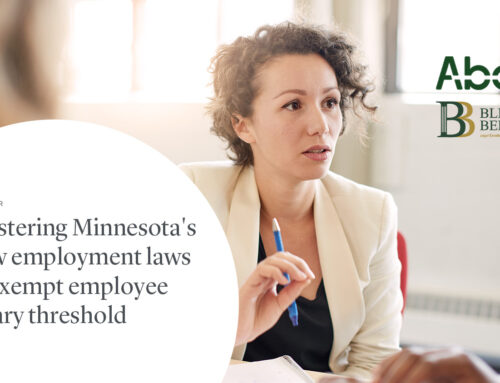When it comes to estate planning and farm succession it can be hard to know what to do. What are your options? What makes the most sense for your family and your farm situation? Here are just a few of the many questions you might have about estate planning and farm succession.
Where do I start?
Start with your existing professional advisors. An estate planning attorney is the most critical professional advisor, but your accountant, lender, insurance agent, and investment advisor will all have valuable input about making the farm succession a success for you and the next generation. This is not the time to replace your long-time advisors with new people. Be wary of outfits that promote themselves as one-stop-shopping for estate planning and farm succession at the expense of replacing your long-time advisors. Work with people you already trust, people who already know you, and people who already know your business. If any one of your existing professional advisors is not equipped to help you with a farm transition for any reason, the other professionals you work with will be good resources for recommending other professionals.
Farm succession planning means I need a trust, right?
No, not necessarily. There are plenty of non-trust farm succession tools. Forming a family farm business is a good non-trust farm succession tool. A pattern of gifting or a planned buy-out is a good non-trust farm succession tool. Co-ownership is a good non-trust farm succession tool. Contracts for deed are a good non-trust farm succession tool. Life insurance or investment policies—especially for off-farm children—are a good non-trust farm succession tool. Options to purchase are a good non-trust farm succession tool. Be wary of any attorney or other professional advisor who pushes a trust without considering or discussing non-trust farm succession tools.
But having a trust means I will avoid an expensive probate, right?
No, not necessarily. A trust can avoid probate. But there are many non-trust farm succession tools that avoid probate, too. And simply having a trust does not mean you are going to avoid probate. To avoid probate with a trust, you need to both have a trust and transfer appropriate assets to the trust. (Transferring assets to the trust is called “funding the trust.”) If you have a trust, but do not fund the trust, then your estate will still need to be probated even though you have a trust. But if you form a trust and fund the trust, then, yes, you will avoid probate. But having a trust and funding a trust is the most expensive farm succession technique for avoiding probate. Forming a trust is expensive. Funding a trust is expensive. And after death, the attorney’s fees to manage the trust are expensive all over again. Trusts are appropriate in some cases, but trusts are often the most expensive farm succession tool and simply having a trust does not necessarily avoid probate.
So, should I just have a will?
Wills are an important component of estate planning, but they are rarely the only component. Wills can and should be used alongside all the other estate planning and farm succession tools.
Having a will means we have to go through an expensive probate after death, right?
No, not necessarily. Having a will does not necessarily mean that your estate needs to be probated.
And having a will does not necessarily mean that handling the estate needs to be expensive. Many
estate plans include a will but also utilize other planning techniques designed to avoid probate and be
cost-effective at the same time.
With so many options, what should I do?
Every family and every family farm is unique, so there is no one-size fits all estate planning and farm succession solution. To be sure, some complex farm succession estate plans are expensive. But not all farm successions are complex, and not all farm successions are expensive. A good attorney will listen to what makes your family and your family farm unique, will listen to what your goals are, and will provide a solution tailored to your unique family and unique farm situation.
The only way to get legal advice about these and other issues is to engage an attorney—this article does not constitute legal advice. The attorneys at Blethen Berens are personable, compassionate, and down-to-earth. Let them help find the solution that is most fitting for your family. They will handle the legal work for you, so you can focus on what’s important — your family and your farm. To learn more, find us at www.blethenberens.com or by calling 507-233-3900.
Legal excellence. Personal commitment.
Written by Attorney Mary Kay Mages for an article in River Valley Woman, September 2022 edition.


